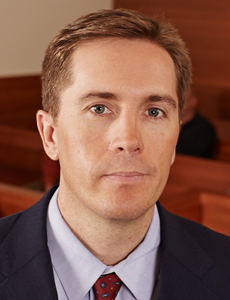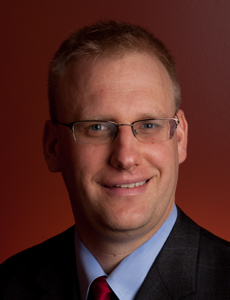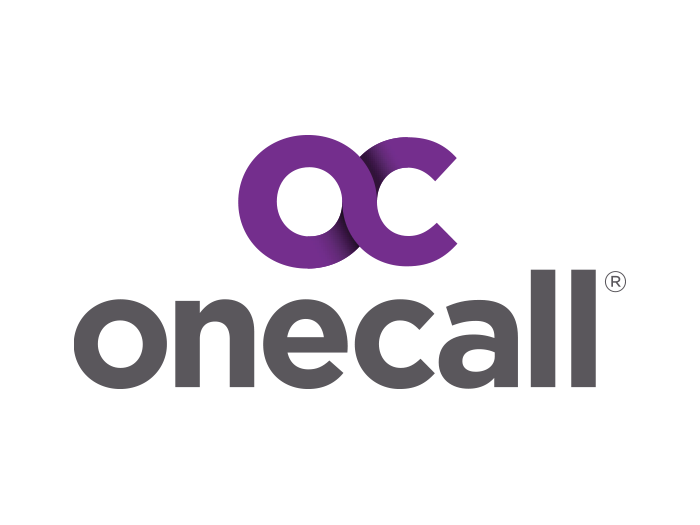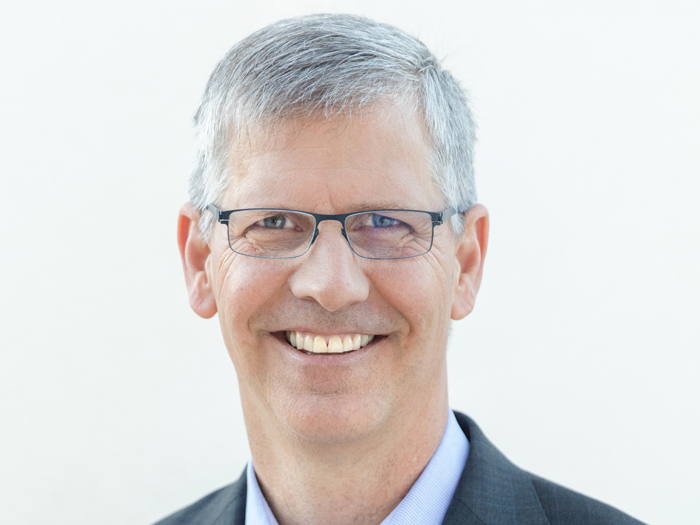Workers' Compensation
A Growing Issue in the Gig Economy

The rapid growth in the gig economy has many companies taking a closer look at their workers’ comp policies.
Some experts say there is a need for alternative or universal coverage arrangements to protect companies from liabilities and workers from injuries while performing on-demand jobs. Legislators in New York, Washington and other places are considering systems that would require online platforms to pay into workers’ benefit funds.
While such issues will be debated at the state level, there is growing consensus that the growing volume of gig economy workers will necessitate a new model that offers portable and universal workers’ comp.
Blurring Lines
On-demand platforms and companies that use such workers may be at risk for misclassifying their employees as independent contractors.
In October 2016, the Washington State Department of Labor and Industries ordered San Francisco delivery company Postmates to retroactively pay two years of workers’ comp premiums.
And since its inception, regulators in many states have questioned Uber’s classification of drivers as independent contractors.
Gig economy jobs are typically defined as those where workers connect with clientele through a digital platform.
These new work platforms are increasingly blurring the lines, not only for Uber drivers but for the tens of millions of tech and administrative workers who work remotely from their homes.
Most companies that use such models, such as Uber, Upwork and TaskRabbit, serve as an intermediary between the worker and customer.
Jared Staver, an attorney with Staver Law Group in Chicago, Ill., said the distinction between employee and contractor has become a growing source of debate in the gig economy. Companies that misclassify workers as independent contractors could face fines, be forced to retroactively pay workers’ comp premiums, and have no protection in the event of an injury lawsuit.
“If it’s determined you didn’t carry comp insurance [and were required to], you can then be taken to civil court where there are no caps on the amount of money that someone can recover,” Staver said.
The difference between an employee and a contractor isn’t exactly black and white and can come down to the state, legal opinions and factors such as how the work is done, who provides the tools and equipment, and how work is scheduled.
Staver said these new work platforms are increasingly blurring the lines, not only for Uber drivers but for the tens of millions of tech and administrative workers who work remotely from their homes.
“It ultimately comes down to control over the worker, and that’s a big question in many of these new jobs,” Staver said.
Calls for a “Third Class” of Worker
A 2015 study by the Economic Policy Institute found that up to 20 percent of employers in some industries misclassify workers as independent contractors.
John Rehm, attorney at the law firm of Rehm, Bennett & Moore in Lincoln, Neb., said while misclassification has been common in fields like driving, cleaning and construction, it “seems to be a part of the business model” for many of these new companies.
Uber’s business model is specifically designed to position drivers as contractors by ensuring they use their own vehicles and by allowing them to work when they want through the app. Yet Rehm said many gig economy models leave workers unprotected and companies exposed to wage and hour litigation.
Many experts say the growing on-demand economy calls for a new classification of worker to meet the needs of both business and worker.
Deborah Berkowitz, Senior Fellow at the National Employment Law Project, said the employment model built 100 years ago provided things like pensions, health benefits, Social Security, workers’ comp and unemployment insurance.
Some states are already trying to address the issue. In New York, the state-run Black Car Fund offers workers’ compensation benefits to participating member’s drivers. Uber is now required to participate in the fund and charges an additional 2.4 percent for each fee.
“Workers’ comp benefits work best when it has universal coverage. We actually think many [gig economy] workers are employees for the purchase of worker’s comp,” Berkowitz said.
Portable and Universal Policies
Rehm said instituting a third class of worker could present challenges, including the fact that it would likely lead to more litigation about how workers are classified.
Any policies to cover gig economy workers would also need to be portable and universal to meet the needs of gig economy workers. As many of these workers perform services for multiple platforms, their sources of income can be scattered through multiple companies and across state lines.
“If you are hurt at a part-time job or a gig job, comp only pays you based on the wages for that job. It doesn’t pay you for wages lost in other jobs because of the work injury in another job,” Rehm said.
Berkowitz said the Affordable Care Act has already opened up citizens and businesses to the idea of portable benefits, and that New York’s model could be replicated in other states.
NELP recently collaborated with the Roosevelt Institute to produce a paper on worker benefits and said there is growing political support for making universal many benefits once tied to the workplace.
Legislators in Washington posed a bill earlier in the year that would require such platforms and contracting companies to make contributions to a portable benefit fund equal to 25 percent of a worker’s income, or up to $6 per hour.
And the Portable Benefits for Independent Workers Pilot Program Act introduced in May would allocate funds under the Department of Labor to make grants to state for testing and piloting portable benefit programs.
“We do think there’s a growing need for a third class of worker but there is also a sense that we need to expand the public safety net and think about [other] benefits,” Berkowitz said.













